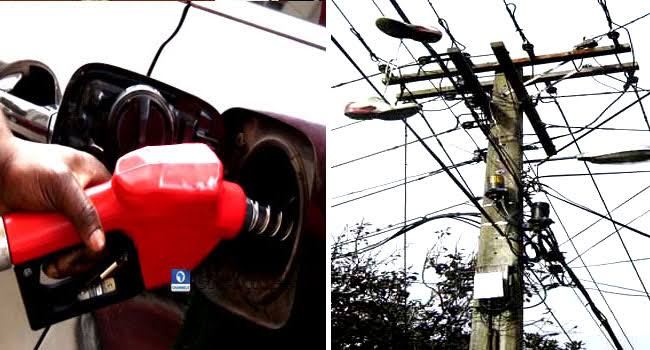Energy plays the most crucial role in economic progress, growth, and development, as well as poverty eradication. Uninterrupted energy supply is not a problem for many countries in Africa except Nigeria which has the dam and gas to produce it but has leaders whose business is to service their pocket at the expense of the Nigeria citizens, present and future economic growth crucially depends on the long-term availability of energy from sources that are affordable, accessible, and environmentally friendly.
2022 energy crisis has surpassed the preceding years of president Muhammad Buhari’s administration, the combination of lack of energy and total collapse of electricity, petroleum motor spirit PMS, diesel, aviation fuel, Gas has taken Nigeria back to the stone age.
Unavailability of these energies for domestic, commercial, and industrial has persisted and has led to the high cost of purchasing them.
Diesel is now 800 Naira, aviation fuel 800 Naira, kerosene 430 Naira per liter, the electricity grid is collapsing and it is only NNPC that has fuel to sell and citizens had to trade off days to queue
Nigeria’s economy will continue to decline because energy enables productive activities including agriculture, commerce, manufacturing, industry, and mining. Sadly a lack of access to energy contributed to poverty and deprivation and that is what led to continuous economic decline in Nigeria.
There is a need for urgent reforms in the energy sector in Nigeria, the infrastructure and the operation of the sector has to be a rethink, redesigned, and possibly renegotiate Nigeria’s energy in the hands of private sectors
Aliyu Ilias, a Political Economist and Customer Experience Analyst, writes from Abuja.He can be reached via: ilias4512@gmail.com





